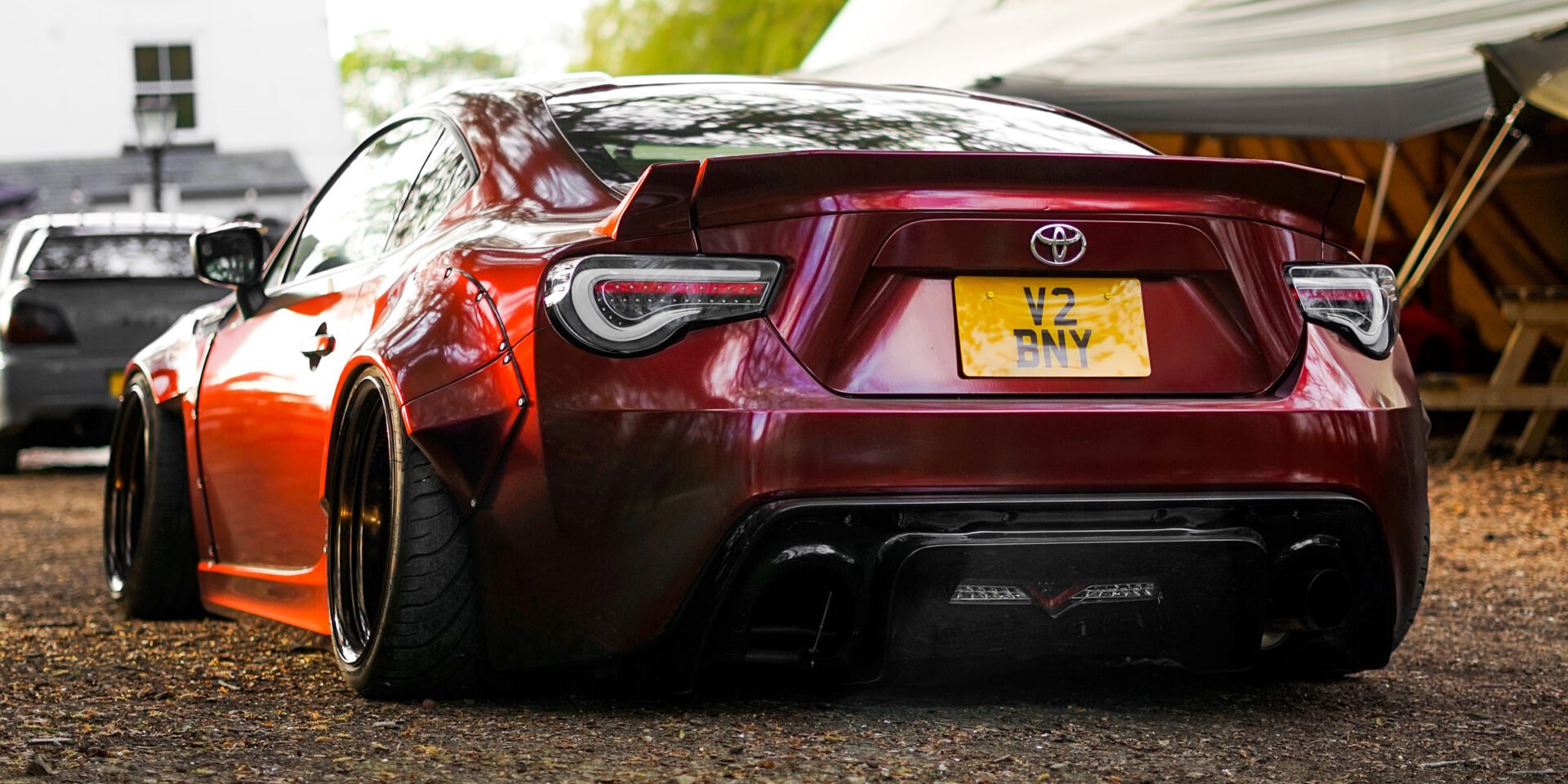If you’re looking to sell a modified car the rules of the game are different to ordinary cars. We’ve come up with a few pointers whether you’re selling to a dealer or privately.
What do we mean by a modified car?
A modified car is classed – certainly by insurers – as having had any changes made to its original specification after it left the factory. So, if you had a particular performance or handling pack option fitted when the car was ordered new, this doesn’t count as modified.
However, many car enthusiasts want to personalise their cars – usually bought used – with performance upgrades fitted by specialist companies such as larger turbochargers, changes to the engine management system to increase power, sports exhaust systems and bigger brakes. These are classed as modifications.
Then there are changes to the suspension to lower/stiffen it, larger wheels, body kits (spoilers, wheel arch extensions) and special paintwork. Many enthusiasts fit parts from the performance versions of cars in the same range onto mainstream versions (for example Ford Focus RS onto a regular Focus).
Some modifications are illegal. These are easy to look up online but they include changes to the catalytic converter, neon lights, and tinted side and rear windows are only legal behind the front windows.
How do you set a price on a modified car?
Because the scope of modifications can be so wide, traditional price guides will only give you a price based on a standard car, with the choice to add some common factory fitted objects. These can only be a baseline. “The best way to put a price on a modified car is to start with owners’ groups and dedicated clubs,” says Jamie King, editor of Fast Ford magazine.
“There are hundreds available, catering for almost every model of car you could every think of, and in some cases even specific colour versions of just one model too (in the case of the Electric Orange ST Owner’s Club). These groups of dedicated enthusiasts will not only be able to advise best prices but are also often the best places to find serious buyers for modified cars too.”
Although your modified car may be your pride and joy, you may not necessarily get back all that you put into it, so be realistic. Most classic car restorations never get the money back.
Where is the best place to sell a modified car?
Regular dealers will have mixed attitudes to a modified car. They may not want to accept one unless they are sure to find a buyer, and it may just look out of place on a forecourt filled with standard cars. However, if you are part-exchanging and they don’t want to lose the deal, they’ll likely say yes, but don’t expect to get the best price for it.
Some car buying services will accept modified cars while others won’t. Motorway, one of our commercial partners here at The Car Expert, says that it looks at modified cars on a case-by-case basis. Cazoo, on the other hand (and another of our partners), won’t buy modified cars.
Some modifications, such as performance engine parts, can be removed by the companies which fitted them, returning the car to standard specification. This may be worth your while if your car is relatively young and high value. There is a second-hand market to sell the performance parts onwards.
You can advertise your on regular outlets such as eBay Motors, Gumtree or Auto Trader (search ‘modified’) but the best place is direct to buyers who know what they want.
“It makes sense to advertise a modified car in specialists magazines or on specialists websites. Joining owners’ groups is a good place to sell (and buy) modified cars privately too,” says King. “Or, selling to a specialist dealer can provide the easiest, most hassle-free transaction (especially if there’s outstanding finance to clear first), but as with any trade sale prices tend not to be as high as with a private sale.”
Paperwork and questions
Serious buyers looking for modified cars will want to know as much detail as possible, so any advertisement will need to describe fully the changes made to the car, names of the firms supplying the parts and any specialist garage which will have fitted them.
You’ll need to be ready to answer questions, so get together all the usual paperwork – MOT certificates, registration documents and regular servicing – but also all receipts for the new parts fitted and work carried out. If you are claiming a power boost, a dyno graph print-out from a rolling road is good. It’s a bonus if a buyer has the option to call the company which modified or serviced the car.
“It’s worth pointing out that buyers are looking for branded parts fitted by reputable companies,” King says, “and not DIY-upgrades which they will run a mile from. It’s best to think of modifications as another level of servicing/maintenance, in the same way a car with full main dealer service history is more saleable, so too is a car with receipts for work carried out a reputable specialists.”
Buyers will also ask if the car has been used for shows, or had a harder life being used for track days.
Presenting the car and test drives
As with selling any used car privately, you’ll need to present it well in photos (use as many as you can, including receipts for work done minus your personal details). It should be very clean inside and out – consider a full valet. Unless they want a project, modified car buyers are more likely to be picky about small scratches and damage to any (expensive) alloy wheels, so consider getting them refurbished if need be.
If your car is near its MOT test it’s a good idea to put it through to pass so you can sell with a full year, equally if it’s just about to have a service.
If you use a specialist insurer for the car you are selling and are happy with them, you may like to suggest buyers call for a quote, which may help them decide, hopefully in your favour. Your insurer can also help with an agreed valuation. As with any private sale, you’ll want to see proof of insurance before allowing test drives. Many performance-modified cars are tricky to drive until you’re used to them, so you may find it’s best to let the buyer be a passenger while you talk them through a test drive.
* The Car Expert has a commercial partnership with Motorway. If you sell your car through Motorway’s website, we may receive a small commission.












